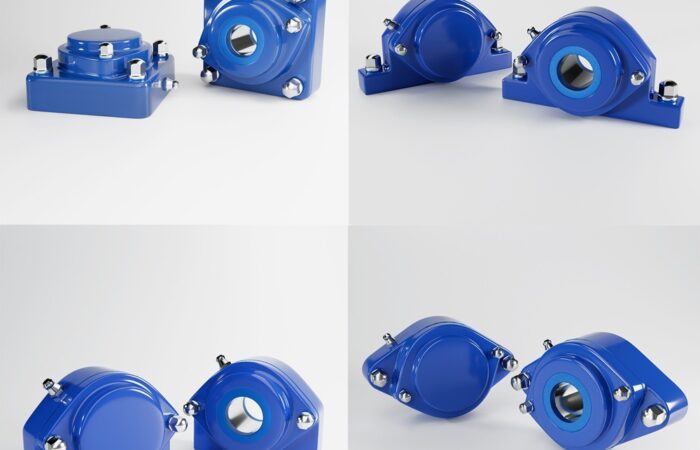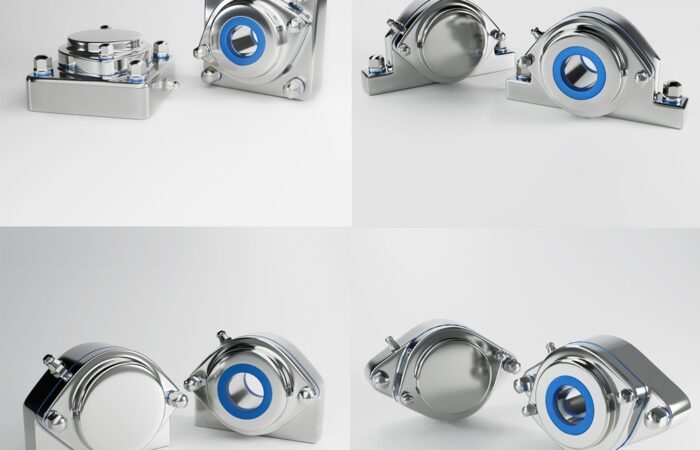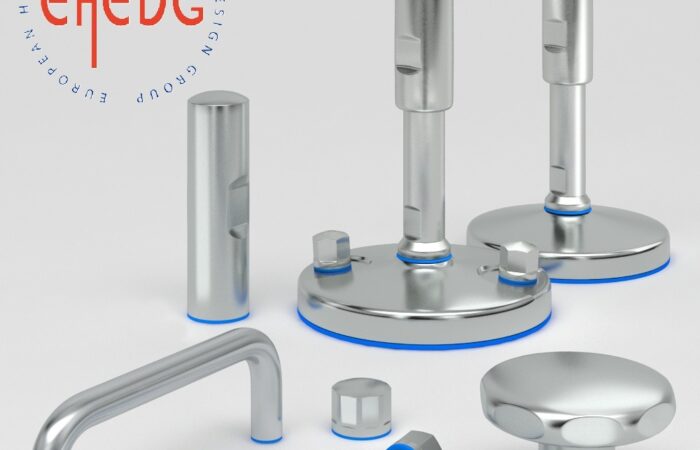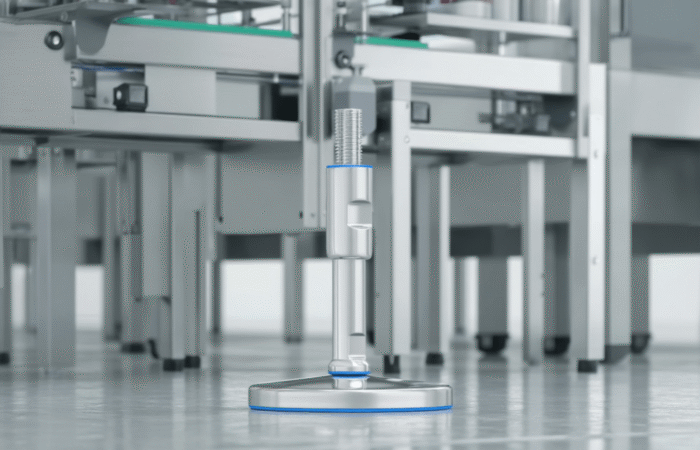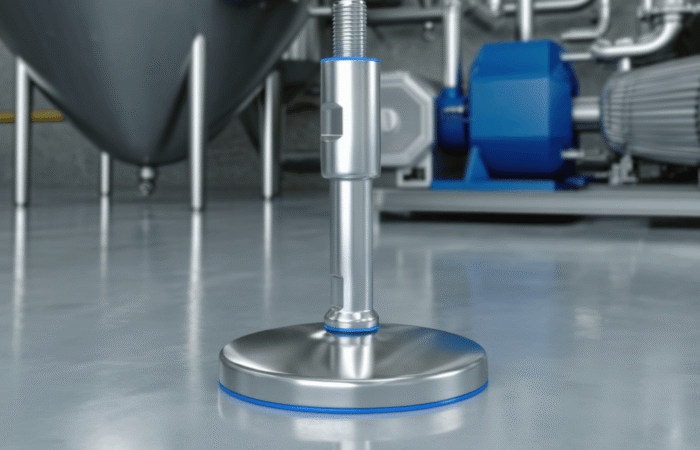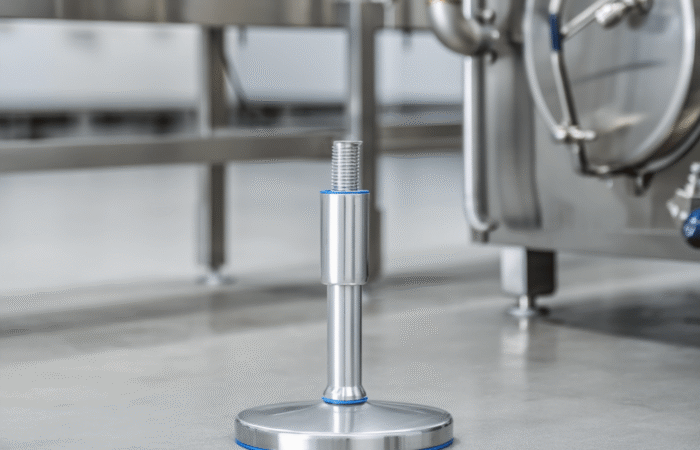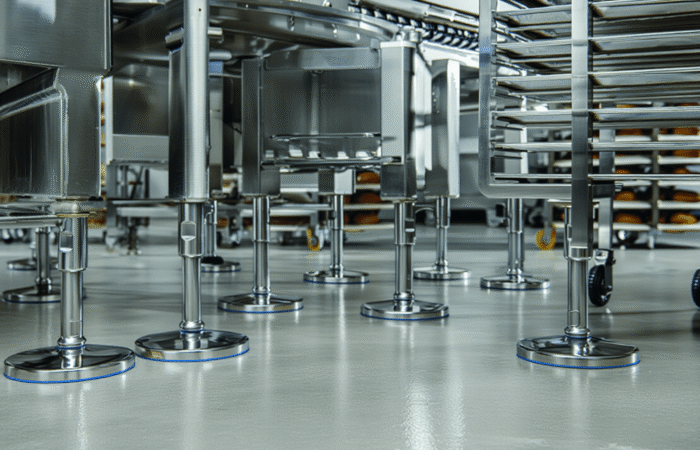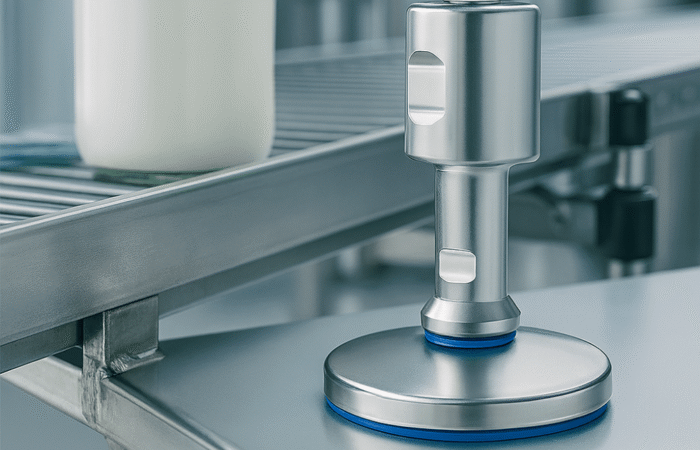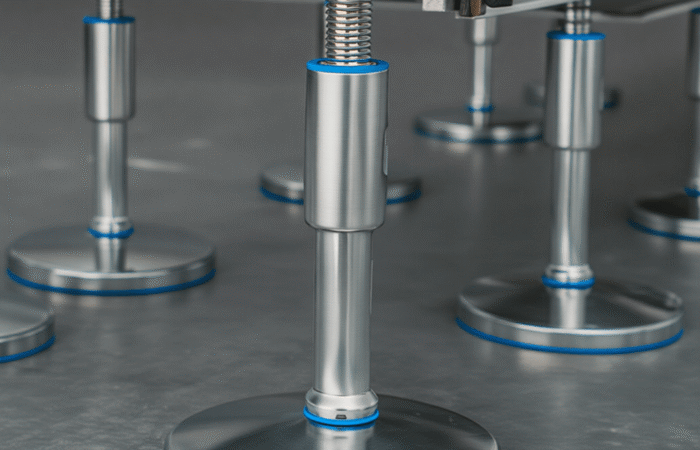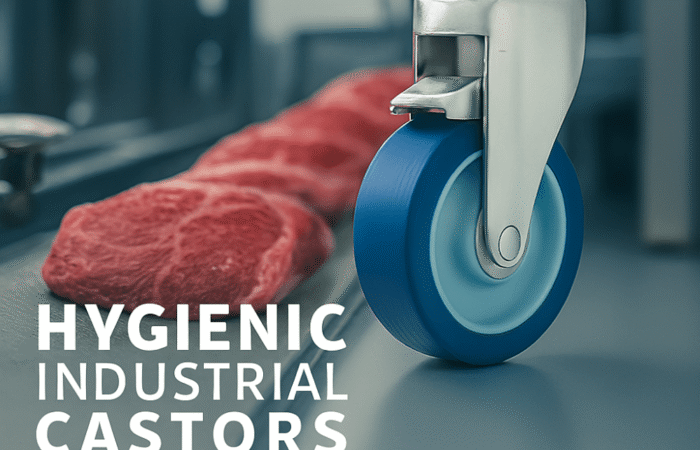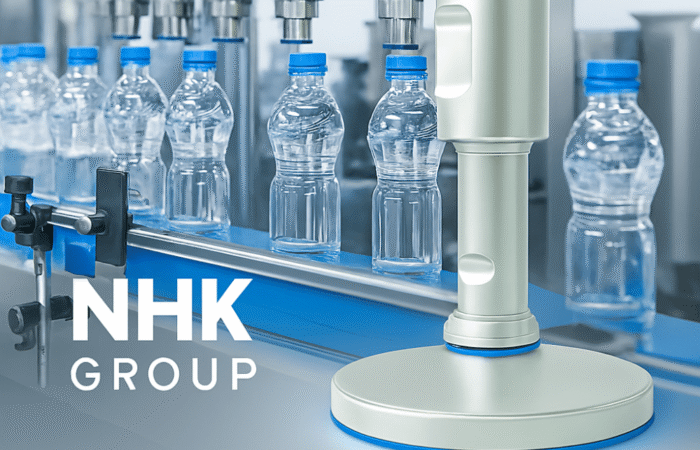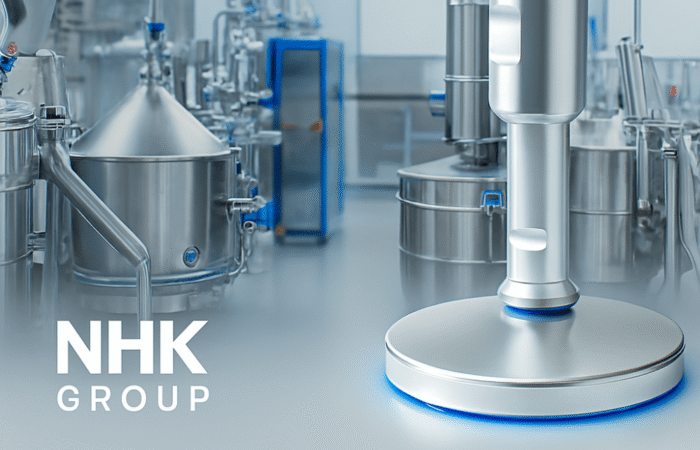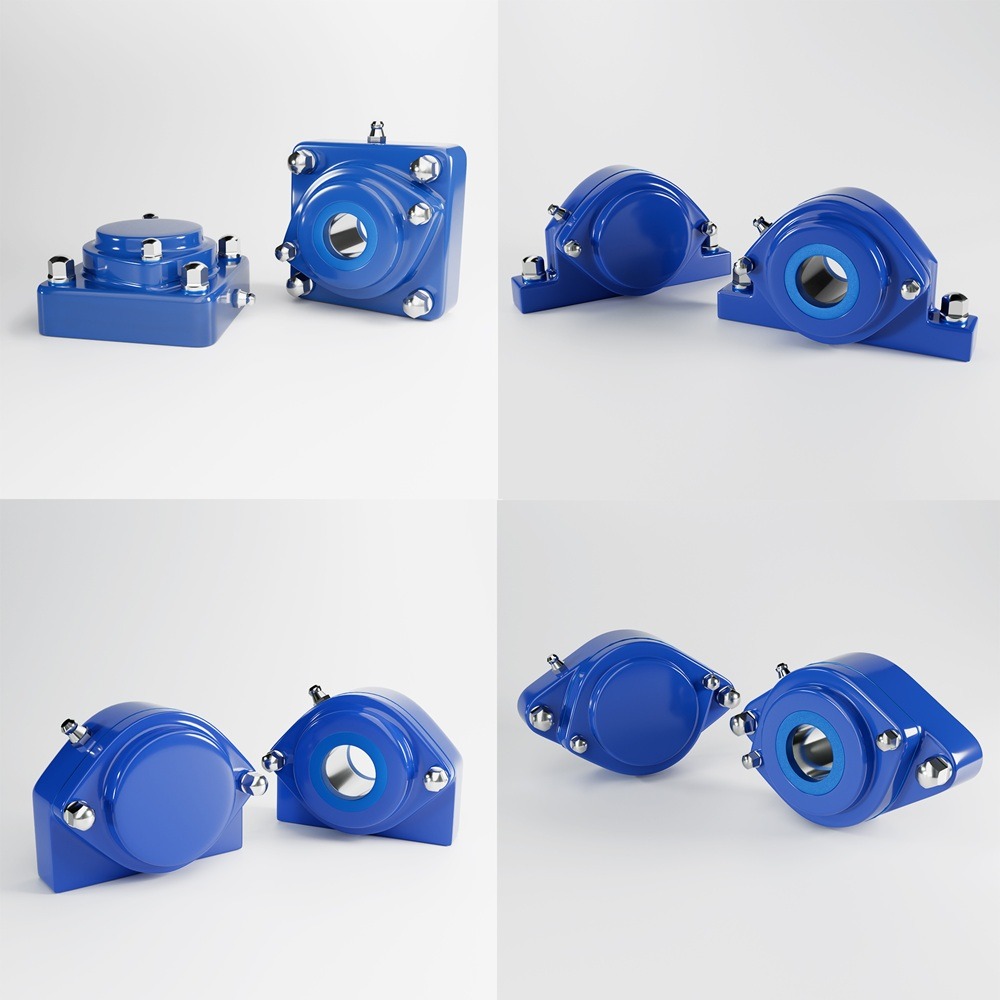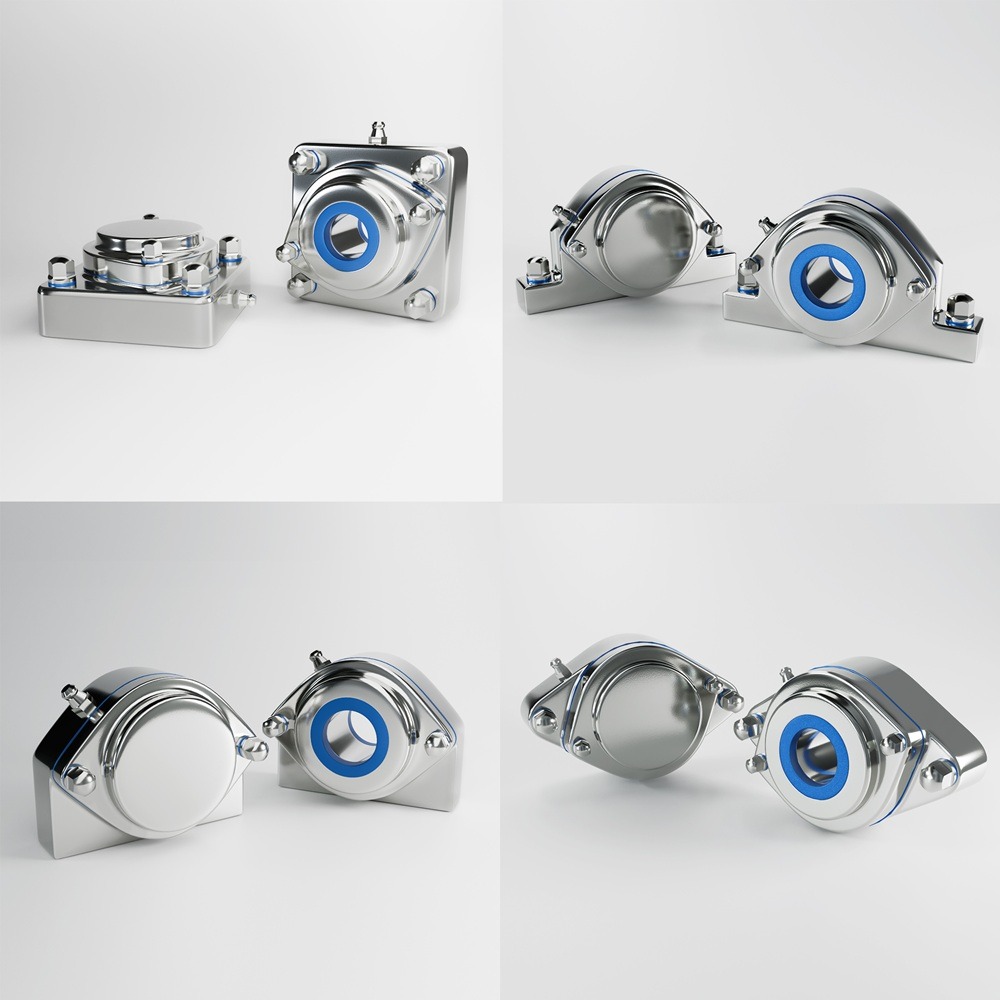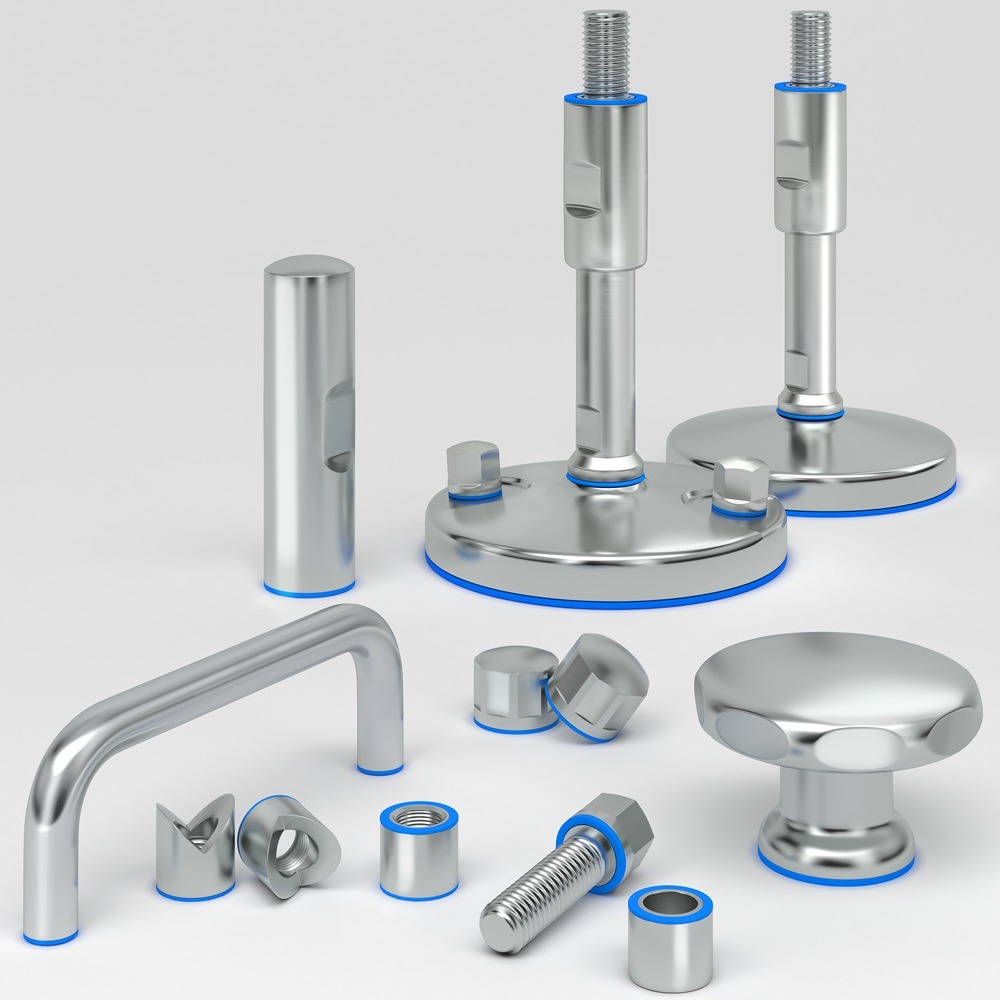
The Role of Hygienic and Sustainable Solutions
In the ever-evolving landscape of the food and pharmaceutical industries, machine design and construction play pivotal roles in ensuring operational efficiency, compliance, and sustainability. These industries face increasing pressure to meet stringent regulatory standards while embracing environmental responsibility. Hygienic and sustainable solutions are no longer optional but essential for future-proof development and strategic planning. This article explores how businesses in these sectors can integrate advanced, hygienic, and eco-friendly machine components to stay competitive and aligned with global standards. The food and pharmaceutical industries operate under stringent regulations such as FDA, EU GMP, and ISO standards. Machines used in these sectors must ensure contamination-free production, which is only possible through hygienic design. Features like smooth surfaces, rounded edges, and certified stainless steel components minimize bacterial growth and are easy to clean, significantly reducing downtime. By incorporating these elements, manufacturers can align with legal and ethical standards while building consumer trust. Hygienically designed machines reduce the risk of contamination and equipment failure. For example, certified IP67 waterproof bearing units can withstand harsh cleaning protocols without compromising performance. This not only ensures product safety but also extends machine life, reducing long-term costs. Sustainability begins with the choice of materials. Using recyclable stainless steel and components with low environmental impact reduces the carbon footprint of machine manufacturing. Energy-efficient machines are becoming a necessity as industries strive to lower operational costs and adhere to environmental mandates. Features such as variable-speed drives, energy-saving conveyors, and LED-based control systems can significantly reduce energy consumption. The food and pharmaceutical sectors, often characterized by high energy usage due to refrigeration and processing needs, stand to benefit immensely from such innovations. The global shift towards sustainability and hygiene-conscious consumers demands proactive measures. By investing in future-ready machines, businesses can adapt to market trends such as the rising demand for clean-label products, plant-based foods, and personalized medicine. Continuous innovation is at the heart of strategic planning. Collaborating with component manufacturers specializing in hygienic and sustainable solutions, such as NHK Machinery Parts, can lead to groundbreaking designs that cater to emerging challenges. Industry 4.0 technologies such as IoT, AI, and predictive maintenance are transforming machine design. Smart sensors and real-time monitoring enable machines to optimize their own operations, reducing waste and preventing breakdowns. Case in Point: A pharmaceutical company utilizing IoT-enabled hygienic bearings can monitor wear and tear, ensuring timely replacements and avoiding costly shutdowns. Durable, high-quality materials reduce maintenance costs. For instance, stainless steel leveling feet withstand harsh conditions better than conventional materials, leading to fewer replacements and lower operational costs. Companies known for sustainable and hygienic practices often enjoy a competitive edge. By showcasing their commitment to sustainability, businesses can attract eco-conscious consumers and stakeholders. Hygienic machines minimize waste during production, ensuring that raw materials are utilized efficiently. Sustainable designs also use less water and energy during cleaning cycles, contributing to operational savings. Applications include production lines for dairy, meat, and baked goods. Hygienic machine components like easy-to-clean conveyors and stainless steel casters prevent cross-contamination while complying with food safety standards. Cleanrooms demand equipment with minimal particle shedding and easy sanitation. Components such as IP67-rated bearings and non-toxic lubricants ensure compliance with GMP guidelines, supporting the production of sterile medications and vaccines. Modular designs enable machines to serve multiple purposes, from food packaging to pharmaceutical bottling. This adaptability reduces capital expenditure while maintaining high performance. Collaborating with experts in hygienic and sustainable solutions is key. Companies like NHK Machinery Parts offer a range of certified components that meet industry-specific needs. Partnering with such suppliers ensures access to the latest innovations and compliance-ready products. Strategic planning and future-proof development in machine design and construction are critical for the food and pharmaceutical industries. By embracing hygienic and sustainable solutions, businesses can achieve regulatory compliance, operational efficiency, and environmental responsibility. Incorporating advanced components such as stainless steel leveling feet, IP67 waterproof bearings, and energy-efficient systems ensures machines are not only efficient but also aligned with global trends. As consumer expectations evolve, investing in hygienic and eco-friendly designs positions companies for long-term success in an increasingly competitive market. Let’s pave the way for a cleaner, safer, and more sustainable future—one innovative machine at a time. Industrial machinery requires precision-engineered components that meet exacting standards for durability, safety, and performance. This comprehensive guide explores the essential machinery parts that drive modern manufacturing across food processing, packaging, and chemical industries. Understanding the difference between Pillow Block Units and Direct Mount Bearings is crucial for engineers and procurement professionals seeking to optimize equipment longevity. Pillow block bearings, also known as plummer blocks, are self-aligning bearing units that simplify installation and significantly reduce maintenance costs. These versatile components mount on machine frames and support rotating shafts with exceptional precision, ensuring smooth operation in demanding industrial environments. Flange bearing units offer a more compact alternative, featuring integrated flanges that enable direct mounting to flat surfaces without additional hardware. Both designs come in various materials, including stainless steel grades optimized for corrosive environments and food-grade applications where hygiene is paramount. The importance of material selection cannot be overstated in machinery design. 440C Steel and 420 grades offer distinctly different properties suited to specific applications and environmental conditions. The 440 stainless steel variant provides superior hardness and exceptional edge retention, making it ideal for cutting tools and high-wear applications requiring maximum durability. Meanwhile, 420 stainless steel offers better corrosion resistance and is preferred in food processing equipment where chemical exposure is common. Hygienic stainless steel components have become essential in food machinery, meeting EHEDG standards and facilitating rapid equipment cleaning required in modern food production facilities. Understanding ingress protection ratings is equally critical for machinery durability and operational reliability. IP67 rating ensures protection against dust and temporary water immersion, while IP68 rating provides complete dust protection and sustained water immersion capabilities for submerged operations. The IP69K standard represents the highest protection level, specifically designed for high-pressure wash-down environments found in industrial food processing facilities. These ratings define how effectively machinery components withstand environmental challenges and maintain performance. Modern industrial facilities increasingly demand equipment that combines high performance with ease of maintenance and sanitation. The choice between different bearing types depends on operational requirements, environmental conditions, and budget constraints. Proper component selection ensures extended equipment lifespan, reduced downtime, and improved operational efficiency.Strategic Planning and Future-Proof Development in Machine Design: The Role of Hygienic and Sustainable Solutions in the Food and Pharmaceutical Industry
The Growing Importance of Hygienic Solutions
Compliance with Industry Standards
Examples of Hygienic Components:
Operational Efficiency through Hygiene
Sustainability in Machine Design
Eco-Friendly Materials and Processes
Sustainable Design Practices:
Energy Efficiency
Strategic Planning for Future-Proof Development
Anticipating Market Trends
Investing in Research and Development
Implementing Digital Technologies
Economic Benefits of Hygienic and Sustainable Machines
Cost Savings Through Longevity
Enhanced Brand Reputation
Reduced Waste and Resource Usage
Practical Applications in the Food and Pharmaceutical Industries
Food Processing
Pharmaceutical Production
Cross-Sector Innovations
Future-Proofing Through Strategic Partnerships
Certified EHEDG standard components | NHK Machinery Parts
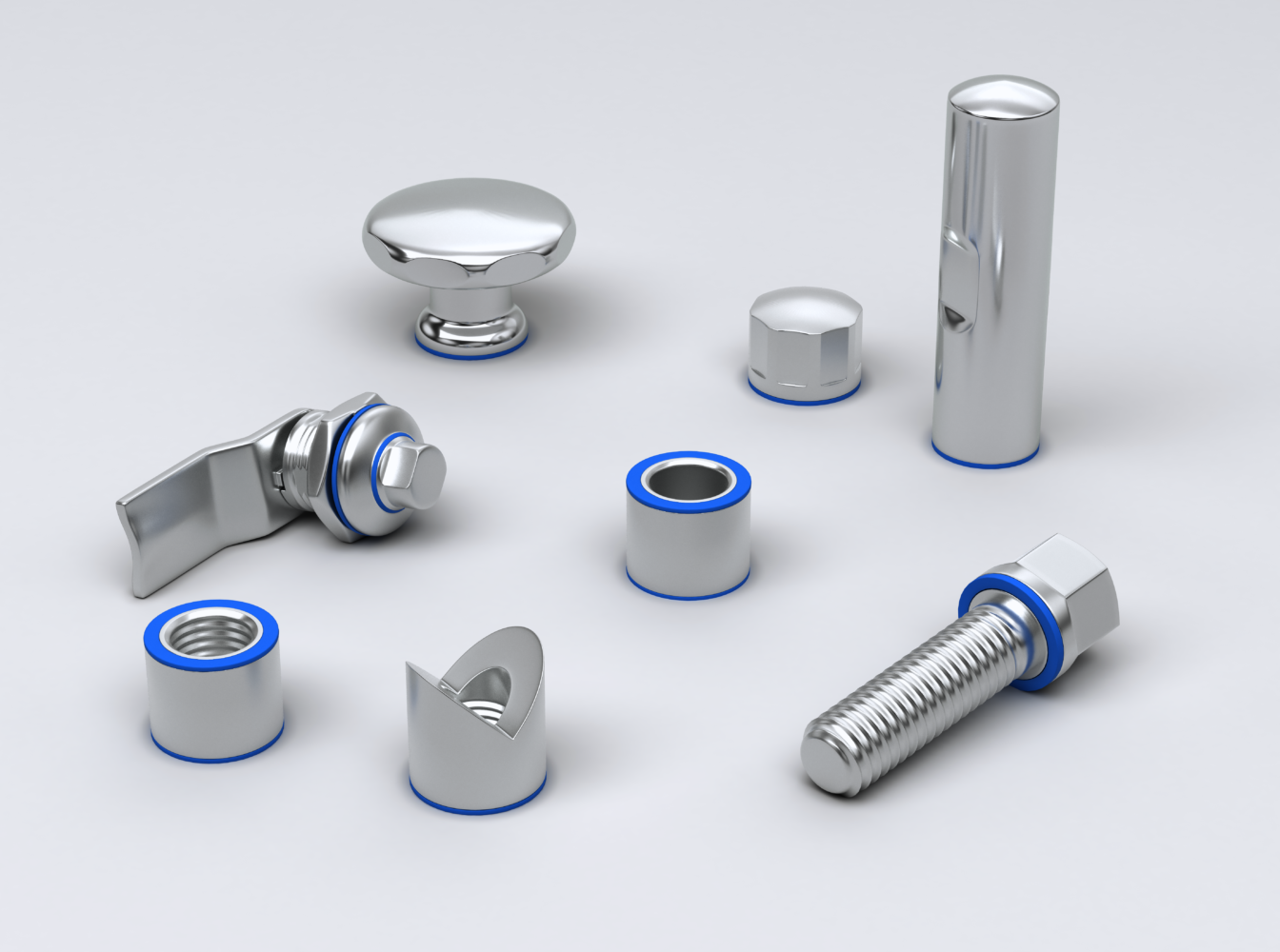
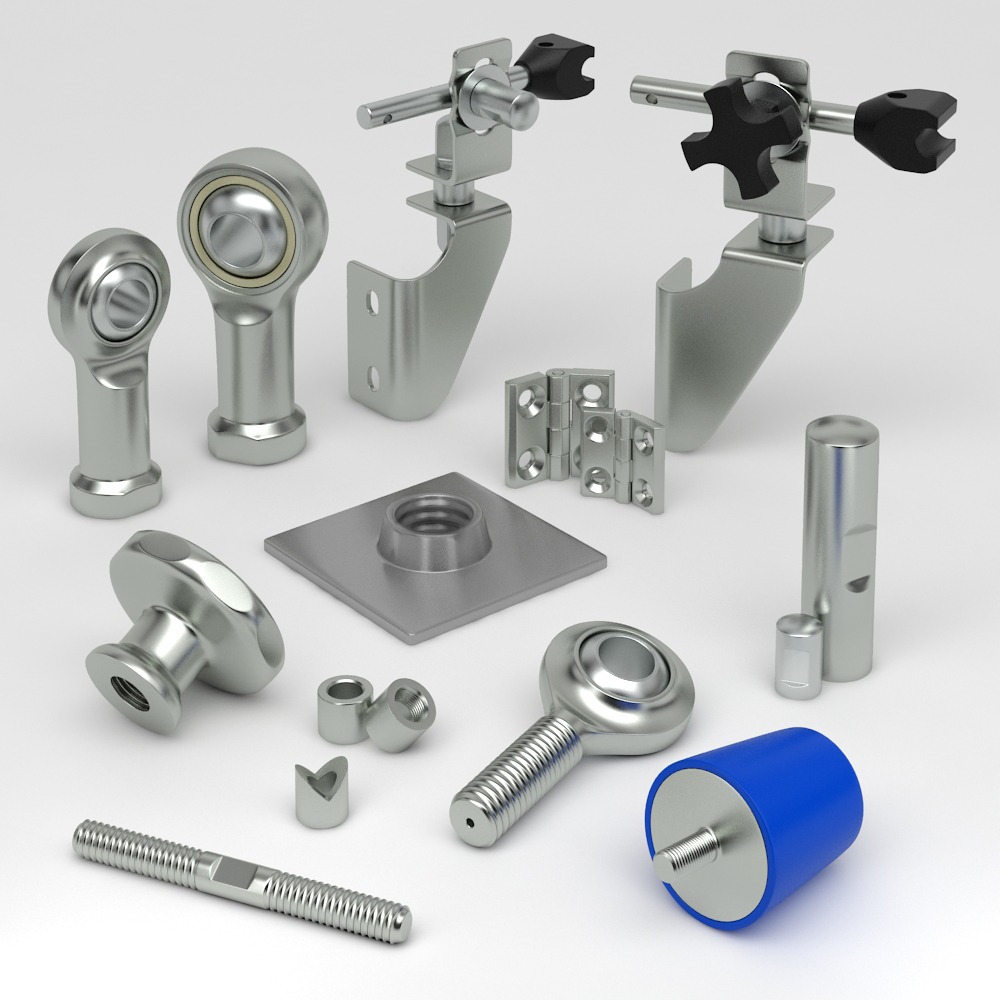
Contact
Understanding Machinery Components & Protection Standards
